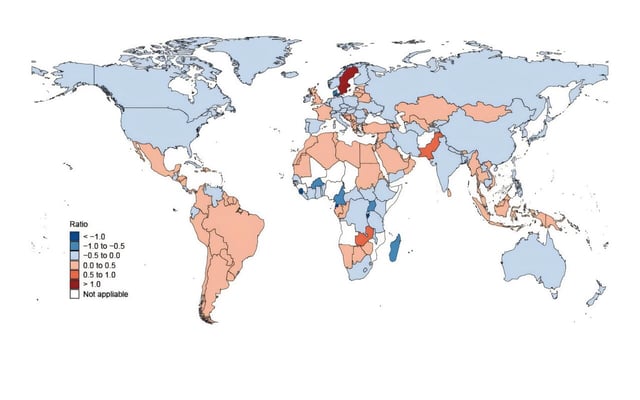Overview
- Middle-income countries experienced the steepest proportional increases and the highest proportional burden despite younger populations and limited health system readiness.
- The analysis decomposed changes using Global Burden of Disease 2021 data across 204 countries and territories over 1990–2021 to isolate aging from population growth and epidemiological rate shifts.
- Osteoarthritis emerged as the most affected condition globally, followed by gout and rheumatoid arthritis.
- Healthcare spending attributable to aging-related musculoskeletal disorders was estimated at $96 billion in 2021, about 0.10% of global GDP and higher than costs linked to common modifiable risk factors.
- The study identified sex-specific patterns, with greater impact on men in high and upper‑middle income settings and greater impact on women in low to middle income settings, informing calls for tailored prevention, long-term management, and sustainable financing.
